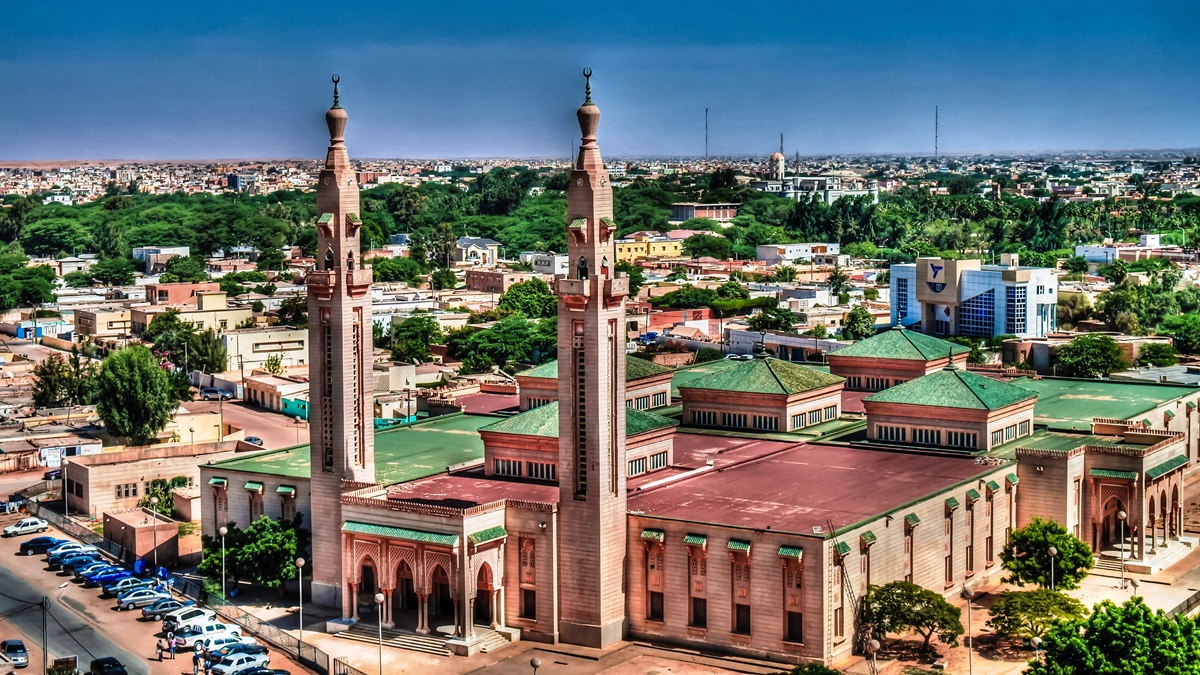UNCTAD examines the West African nation’s success in implementing investment-boosting measures and recommends further action to maximize the country’s potential.

© Shutterstock/Homo Cosmicos | An Aerial view of Mauritania’s capital city, Nouakchott.
Since receiving UNCTAD’s investment policy review in 2009, Mauritania has enacted significant reforms to strengthen its legal and institutional frameworks, helping to drive a steady increase in foreign direct investment (FDI).
From 2009 to 2012, the West African least developed country (LDC) saw its FDI soar to nearly $1.4 billion. And between 2018 and 2022, Mauritania's FDI inflows were more than double the average of African LDCs.
Key reforms have included adopting a new investment code, simplifying procedures to set up a business and establishing the Investment Promotion Agency of Mauritania.
In 2023, the country requested UNCTAD to assess the implementing of recommendations from the 2009 review.
A report published on 19 December (currently available only in French) sheds light on Mauritania’s progress and outlines additional recommendations – based on UNCTAD’s investment policy framework for sustainable development – for the country to further tap its investment and entrepreneurship potential.
Oil and gas drive foreign investment
Major recent gas discoveries off Mauritania’s coast have propelled foreign investment. In 2022, the oil and gas sector accounted for a staggering 94% of FDI flows into the country.
While energy has attracted most of the investments, other sectors are gaining traction, including banking, construction and infrastructure, information and communication technologies, and emerging opportunities in green hydrogen.
Improving the investment code
Among the priority areas for further improvement, UNCTAD has identified Mauritania’s investment code – a legal framework for investing in the country – for which a new version is expected in early 2024.
The report recommends reassessing the stability clause and clarifying the standard of treatment set out in the code, as well as improving and integrating certain non-tax incentives.
Integrating sustainable development
Another recommendation is to further integrate sustainable development considerations into Mauritania’s international investment agreements, to ensure foreign investment contributes to broader development goals.
The report also highlights the need for more capacity building to better equip the country for investment agreement negotiations.
Making measures more business friendly
While commending Mauritania’s for setting up a one-stop shop to streamline business registration and its ongoing digitalization, UNCTAD underscores the need to enhance access to information and simplify import and export procedures.
Similarly, on tax simplification, the report encourages mechanisms such as more efficient value-added tax refunds to facilitate business operations.
60 comprehensive assessments
Since 1999, 60 economies have benefited from UNCTAD’s Investment Policy Review programme, which provides objective assessments of a country’s legal, regulatory and institutional framework, offering action-oriented and tailored recommendations to bolster investment and maximize its benefits.
Key areas of evaluation include FDI-specific frameworks, business creation, taxation, labour, competition, the environment, governance and sectoral regulations.


